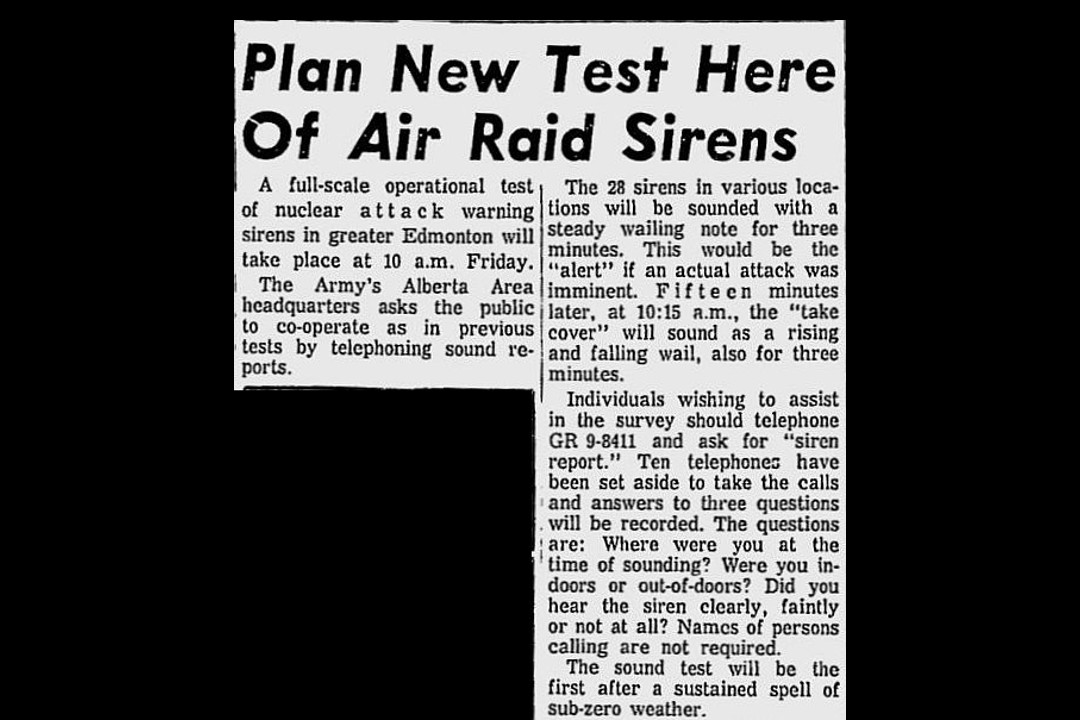
New film series celebrates shorts
The organizer of the new short-film series Cold Cuts, which takes place at The Aviary on Jan. 18, said he hopes to put more shorts in front of more audiences.
"Short film is an awesome format and it gets left by the wayside all the time," Dustin Chok, the organizer and curator of Cold Cuts, told Taproot. "There's almost no venue for people to watch short films."
Chok is a part-time filmmaker, house dancer, and city employee who has made three shorts. His work has screened at more than 10 festivals and has won two awards, including Best Editor (Documentary Under 30 Minutes) at the 2023 Rosie Awards held by the Alberta Media Production Industries Association.
Part of his love for the format comes from time spent at The Film and Video Arts Society, better known as FAVA. "I had an archiving job with FAVA a number of years ago and there's just hundreds of films that just sit there," he said. "If you just put them together we'll come and watch and support, and that's the whole point of film — for people to watch them."
Shorts are often the way filmmakers gain a foothold in the competitive film industry. They can offer the first hints of an artist's potential.
"I think short film is a nuanced format that gives us a raw insight into the filmmakers," Chok said in an email. "I believe you can get a close sense of who the filmmakers are and the direction they want to take their art through their short films."
Chok selected mentors and collaborators to showcase work at the inaugural Cold Cuts. All are men based in Edmonton.
"I wanted more diversity, for sure," Chok said. "It just kind of came together quickly and these were basically the people who were available." Future events will prioritize gender diversity and include films from beyond city limits, Chok said.
Planning for the event started after the Edmonton premiere of Chok's Wave Rider, a documentary about house dance culture, at CO*LAB on Nov. 11. The event included DJs playing house music and dance tutorials.




